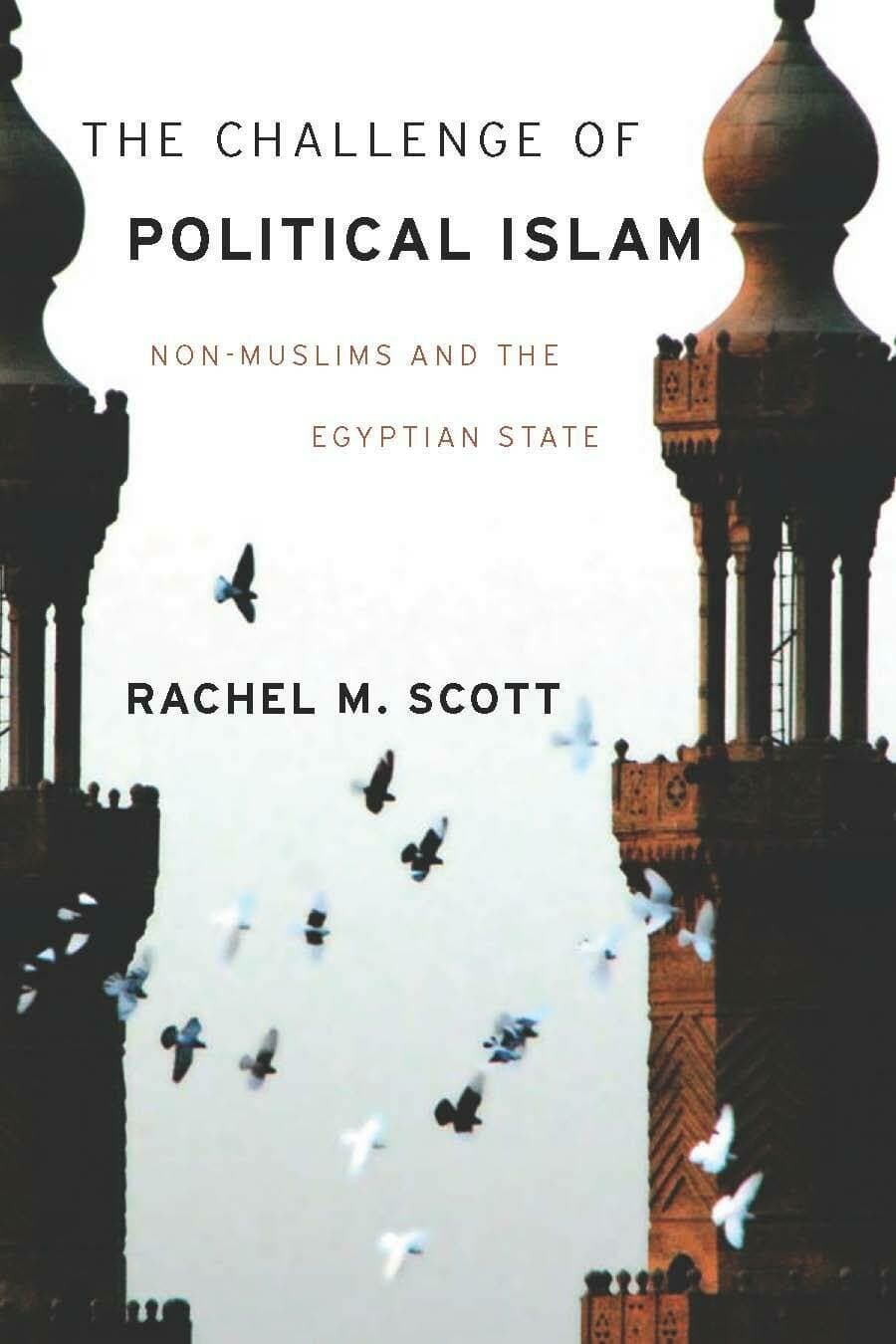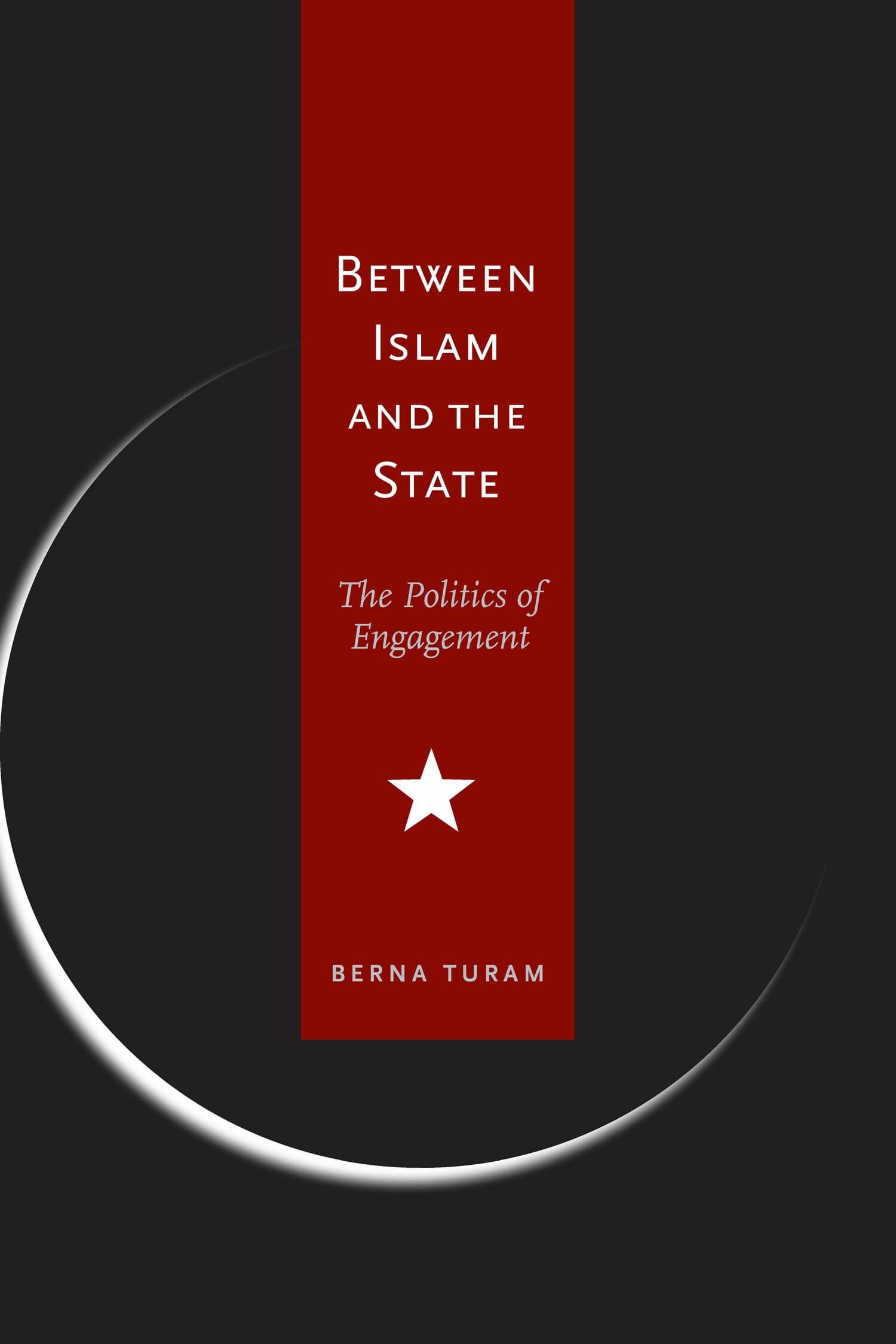The Challenge of Political Islam
Award Winner
2011: Best First Book in the History of Religions Award
Finalist in the 2011 Best First Book in the History of Religions Award, sponsored by the American Academy of Religion.

The rise of political Islam has provoked considerable debate about the compatibility of democracy, tolerance, and pluralism with the Islamist position. As The Challenge of Political Islam reveals, Egyptian Islamists today are more integrated into the political arena than ever, and are voicing a broad spectrum of positions, including a vision of Islamic citizenship more inclusive of non-Muslims.
Based on Islamist writings, political tracts, and interviews with Islamists—including members of Egypt's Muslim Brotherhood and other important contemporary thinkers—this book looks closely at how modern, politically-oriented Egyptian Islamists perceive non-Muslims in an Islamic state and how non-Muslims respond. Clarifying the movement's aims, this work uncovers how Islamists have responded to the pressures of modernity, the degree to which the movement has been influenced by both a historical Islamic framework and Western modes of political thinking, and the necessity to reconsider the notion that secularism is a precondition for toleration.
"Drawing on her extraordinary access to both Coptic and Muslim Brotherhood intellectuals, Rachel Scott provides a lucid and important study that transcends the posturing and the polemics. A must-read for anyone interested in Christian-Muslim relations in general and the issues being negotiated in Egypt in particular."—Yvonne Yazbeck Haddad, Georgetown University
"The Challenge of Political Islam stands alone. It addresses a very sensitive topic with great subtlety and detail, revealing the many faultlines in the complicated and evolving debate over non-Muslims, dhimma, and citizenship." —Andrew March, Yale University
"Scott gauges seismic changes within Middle Eastern society from the bottom up. This exemplary work demonstrates how far some Islamists, namely the moderate middle, have departed from their contemporaries, and links crucial debates framed mainly in Arabic discourse to broader debates concerning citizenship, national identity, and public consensus in 21st-century Egypt."—Bruce Lawrence, Duke University




